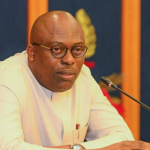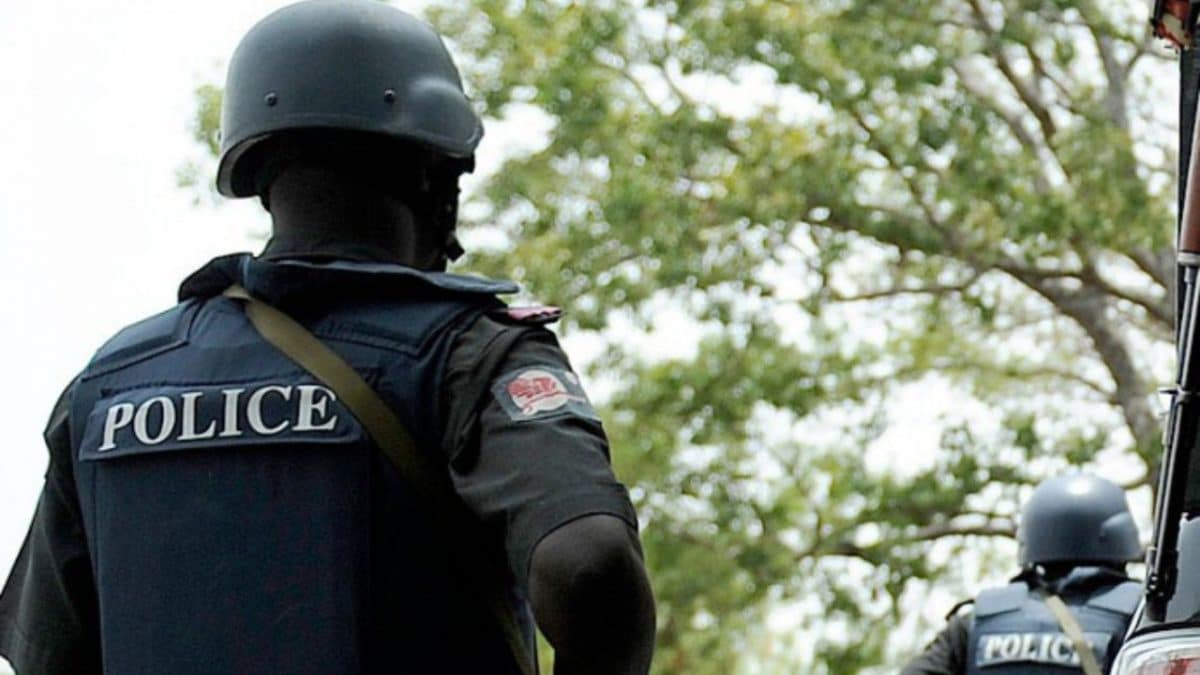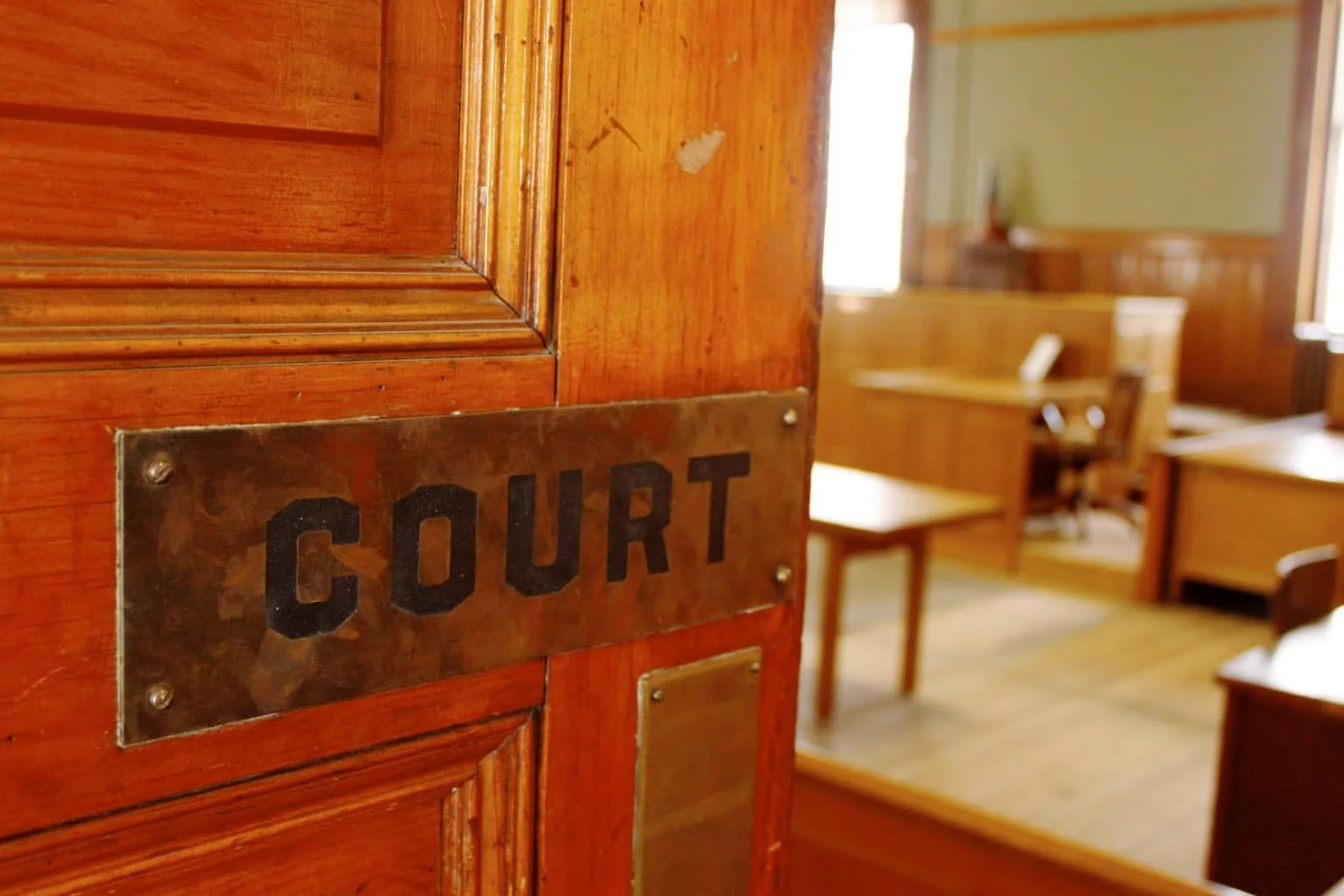A recent report titled “Dry Taps: A Damning Verdict on the State of Water Utilities in Nigeria” has shed light on the alarming state of the nation’s water infrastructure. Conducted by a coalition of civil society organizations, including the Renevlyn Development Initiative (RDI) and the Socio-Economic Research and Development Centre (SERDEC), the study exposes widespread neglect, corruption, and underfunding in water utilities across six states: Enugu, Edo, Lagos, Oyo, Kogi, and Kano.
𝐊𝐞𝐲 𝐅𝐢𝐧𝐝𝐢𝐧𝐠𝐬:
- 𝐃𝐢𝐥𝐚𝐩𝐢𝐝𝐚𝐭𝐞𝐝 𝐈𝐧𝐟𝐫𝐚𝐬𝐭𝐫𝐮𝐜𝐭𝐮𝐫𝐞: Many water facilities are operating below capacity due to aging equipment and lack of maintenance. For instance, the Ikpoba River Dam in Edo State, once producing over 90 million gallons daily, has been abandoned.
- 𝐅𝐢𝐧𝐚𝐧𝐜𝐢𝐚𝐥 𝐌𝐢𝐬𝐦𝐚𝐧𝐚𝐠𝐞𝐦𝐞𝐧𝐭: Despite significant funding allocations, there’s little evidence of improvement. In Lagos, approximately ₦760 million was allocated in 2017 for rehabilitating 48 mini and micro waterworks, yet many remain non-functional.
- 𝐎𝐩𝐞𝐫𝐚𝐭𝐢𝐨𝐧𝐚𝐥 𝐂𝐡𝐚𝐥𝐥𝐞𝐧𝐠𝐞𝐬: Issues such as erratic power supply, inadequate funding for treatment chemicals, and irregular staff salaries further cripple the sector.
𝐇𝐮𝐦𝐚𝐧 𝐈𝐦𝐩𝐚𝐜𝐭:
The consequences are dire. UNICEF reports that 26.5 million Nigerian children experience high or extremely high water vulnerability, accounting for 29% of the nation’s children.
Additionally, only 26.5% of the population uses improved drinking water sources and sanitation facilities, leading to increased susceptibility to water-borne diseases.
𝐑𝐞𝐜𝐨𝐦𝐦𝐞𝐧𝐝𝐚𝐭𝐢𝐨𝐧𝐬:
𝐓𝐡𝐞 𝐫𝐞𝐩𝐨𝐫𝐭 𝐜𝐚𝐥𝐥𝐬 𝐟𝐨𝐫:
- Declaration of a State of Emergency: Recognizing the severity of the crisis to mobilize resources and attention.
- Enhanced Public Participation: Involving communities in planning and decision-making processes to ensure transparency and accountability.
- Rejection of Privatization: Opposing water privatization efforts to safeguard public access and control.
- Comprehensive Audits: Investigating the utilization of funds allocated to the water sector to identify and address corruption and mismanagement.
As Nigeria approaches World Water Day 2025, this report serves as a critical reminder of the urgent need for systemic reforms to ensure equitable access to safe and clean water for all citizens.







2 Comments